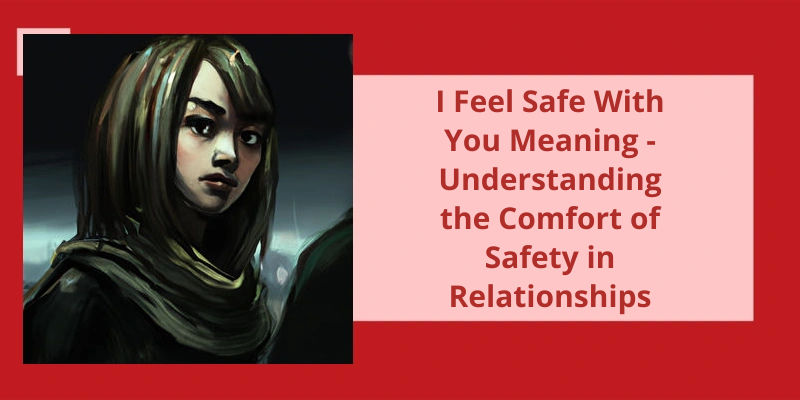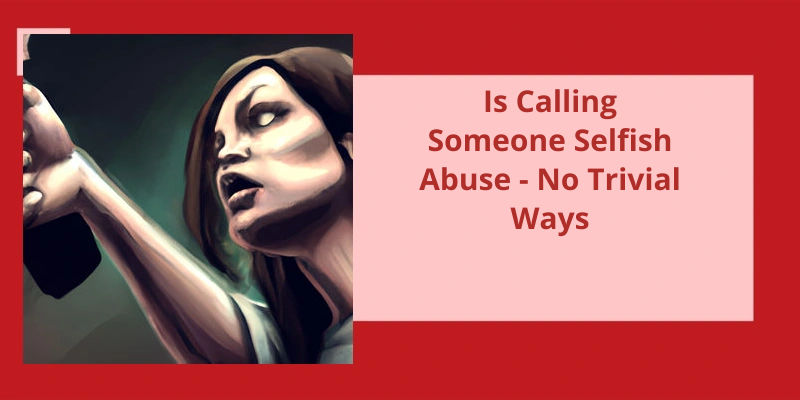Feeling lonely is a common and understandable emotion that everyone experiences at some point in their lives. However, sometimes we find ourselves in a situation where we yearn for companionship but simultaneously resist reaching out to others. This is a complex and challenging state, one that requires empathy and understanding. In this beginner lesson, we delve into the nuances of feeling lonely but not wanting to engage in conversation or seek solace from others. By exploring strategies to cope with this inner conflict, we aim to provide support and guidance for individuals navigating this delicate balance between solitude and the need for connection.
Is It Normal to Feel Lonely and Without Friends?
Is it normal to feel lonely and without friends? Yes, absolutely. Many people experience periods of loneliness, especially during different stages of their lives. It may be due to various reasons such as moving to a new city, experiencing a loss, or simply not connecting with the people around you. Remember that feeling lonely doesn’t mean theres something wrong with you. It’s a natural part of being human.
It’s important to be compassionate towards yourself when youre feeling lonely. Instead of beating yourself up about it or feeling ashamed, try to show yourself kindness and understanding. Loneliness can be challenging, but it doesn’t define you as a person. Remind yourself that everyone goes through these emotions at some point, and it doesn’t reflect your worth or value.
Many individuals also struggle with similar emotions, even if they may not openly express it. Knowing that youre not the only one going through this can provide some comfort and reassurance. Reach out to others through support groups or online communities where you can share your experiences and find understanding.
It may be challenging, but consider reaching out to others, even if it feels difficult at first. Start small by engaging in activities or hobbies that interest you and joining groups or clubs where you can meet like-minded individuals. Building connections takes time, but by putting yourself out there, you increase your chances of finding meaningful companionship.
Instead of seeing it as a flaw, embrace it as a reminder of your longing for connection. Take small steps to reach out and engage in activities that interest you. Remember, you deserve companionship and meaningful relationships.
Loneliness in Specific Populations (e.g. Seniors, College Students, Single Parents)
- Loneliness in seniors
- Loneliness in college students
- Loneliness in single parents
Loneliness can be a difficult feeling to navigate, especially when you don’t have any friends to turn to. However, there are ways to deal with loneliness and stop feeling isolated. The first step is to acknowledge your feelings of loneliness and understand that they’re valid. Then, it’s important to find a balance with the online world, knowing when to engage and when to disengage to prevent further isolation. Additionally, seeking out volunteer opportunities can provide a sense of connection and purpose. Joining a group or club can also help overcome loneliness by fostering in-person connections. Finally, practicing self-care is crucial in promoting overall well-being and alleviating feelings of loneliness.
How Do You Beat Loneliness When You Have No Friends?
Loneliness can be a challenging feeling to cope with, especially when you find yourself without any close friends. However, there are several strategies you can employ to combat this sense of isolation and start feeling more connected to the world around you.
While the online world can provide a sense of community, it’s crucial to know when it’s time to engage or disengage. Sometimes, spending too much time on social media platforms can exacerbate feelings of loneliness and make you compare your own life to others. Finding a healthy balance between online and offline interactions is key.
Another avenue to explore is joining a group or club that caters to your hobbies or interests. This could be anything from a sports team to a book club, where you can engage in social activities with individuals who share your passions. Creating in-person connections can significantly alleviate feelings of loneliness and provide a supportive network.
Lastly, don’t forget to practice self-care. Loneliness can take a toll on your mental and emotional well-being, so it’s crucial to prioritize self-care activities that bring you comfort and joy.
Overcoming Social Anxiety and Shyness in Order to Connect With Others
Social anxiety and shyness can often make us feel lonely, even when we don’t want to be alone. But it’s possible to overcome these challenges and connect with others. Start by taking small steps, such as engaging in hobbies or joining clubs where you can meet like-minded individuals. Practice self-compassion and remind yourself that everyone feels nervous in social situations at times. Gradually challenge your fears by initiating conversations and gradually expanding your comfort zone. Remember, building connections takes time, so be patient with yourself and celebrate even small victories.
This struggle between the desire for solitude and the longing for connection can often leave introverts feeling isolated and misunderstood, even if they genuinely crave meaningful relationships. Exploring the underlying reasons behind this paradox can shed light on why introverts may find themselves feeling lonely despite their inherent preference for alone time.
Why Am I an Introvert but Feel Lonely?
Feeling lonely as an introvert can be a complicated experience. Introverts often thrive in their own company and find solace in their thoughts and activities. They cherish their alone time and value the quiet moments where they can recharge their energy. However, even for introverts, there can come a time when the need for human connection becomes apparent.
This can lead to a sense of isolation and longing for deeper connections.
One reason for this phenomenon is that introverts tend to have a smaller social circle compared to extroverts. They prefer quality over quantity when it comes to relationships, and as a result, may have fewer friends or acquaintances to turn to when loneliness sets in. This limited network can contribute to a sense of loneliness, especially in times of need.
The key for introverts is to find like-minded individuals who understand and appreciate their need for alone time while also providing the emotional support and understanding they desire.
Strategies for Introverts to Expand Their Social Circle: This Could Include Tips on How Introverts Can Meet New People and Form Meaningful Connections, Such as Joining Interest-Based Groups or Online Communities.
For introverts who feel lonely but aren’t inclined to engage in small talk, there are strategies to expand their social circle and form meaningful connections. One effective approach is joining interest-based groups or online communities. By participating in activities or discussions related to their passions, introverts can meet like-minded individuals who share similar interests. This provides an opportunity to form connections in a more comfortable and enjoyable setting, as introverts thrive in one-on-one or small group interactions. Through these interest-based interactions, introverts can gradually build new relationships and expand their social circle without feeling overwhelmed.
Conclusion
It’s essential to recognize and validate these emotions, as they can be a sign that we need social connection and support. However, it’s equally important to respect our boundaries and acknowledge that sometimes we may not feel like engaging in conversations. It’s okay to take the time and space we need to recharge and prioritize our mental well-being. Remember, self-care and self-compassion play a crucial role in navigating these feelings, and seeking professional help or reaching out to trusted individuals can provide valuable assistance along the journey towards finding balance and connection in our lives.





